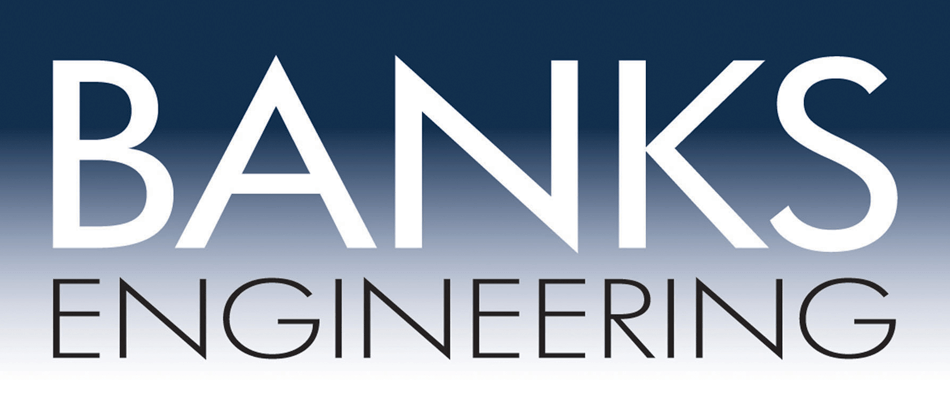Due diligence is an investigation of a business or person prior to signing a contract, or an act with a certain standard of care.
It can be a legal obligation, but the term will more commonly apply to voluntary investigations. A common example of due diligence in various industries is the process through which a potential acquirer evaluates a target company or its assets for an acquisition.[1] The theory behind due diligence holds that performing this type of investigation contributes significantly to informed decision making by enhancing the amount and quality of information available to decision makers and by ensuring that this information is systematically used to deliberate in a reflexive manner on the decision at hand and all its costs, benefits, and risks.[2]
Etymology
The term “due diligence” means “required carefulness” or “reasonable care” in general usage and became a specialized legal term and later a common business term due to the United States’ Securities Act of 1933, where the process is called “reasonable investigation” (section 11b3). This Act included a defense at Section 11, referred to later in legal usage as the “due diligence” defense, which could be used by broker-dealers when accused of inadequate disclosure to investors of material information with respect to the purchase of securities. In legal and business use, the term was soon used for the process itself instead of how it was to be performed, so that the original expressions such as “exercise due diligence in investigating” and “investigation carried out with due diligence” were soon shortened to “due diligence investigation” and finally “due diligence”.
As long as broker-dealers exercised “due diligence” (required carefulness) in their investigation into the company whose equity they were selling and as long as they disclosed to the investor what they found, they would not be held liable for non-disclosure of information that was not discovered in the process of that investigation.
The broker-dealer community quickly institutionalized, as a standard practice, the conducting of due diligence investigations of any stock offerings in which they involved themselves. Originally the term was limited to public offerings of equity investments, but over time it has come to be associated with investigations of private mergers and acquisitions as well.
Example
Business transactions and corporate finance
Due diligence takes different forms depending on its purpose:
- The examination of a potential target for merger, acquisition, privatization, or similar corporate finance transaction normally by a buyer. (This can include self due diligence or “reverse due diligence”, i.e. an assessment of a company, usually by a third party on behalf of the company, prior to taking the company to market.)
- A reasonable investigation focusing on material future matters.
- An examination being achieved by asking certain key questions, including, how do we buy, how do we structure an acquisition, and how much do we pay?
- An investigation of current practices of process and policies.
- An examination aiming to make an acquisition decision via the principles of valuation and shareholder value analysis.[3]
The due diligence process (framework) can be divided into nine distinct areas:[3]
- Compatibility audit.
- Financial audit.[4][5]
- Macro-environment audit.[4][5]
- Legal/environmental audit.[4][5][6]
- Marketing audit.[4][5]
- Production audit.[4][5]
- Management audit.[4][5]
- Information systems audit.[4][5]
- Reconciliation audit.
It is essential that the concepts of valuations (shareholder value analysis) be linked into a due diligence process. This is in order to reduce the number of failed mergers and acquisitions.[3][7]
In this regard, two new audit areas have been incorporated into the Due Diligence framework:[3]
- the Compatibility Audit which deals with the strategic components of the transaction and in particular the need to add shareholder value and
- the Reconciliation audit, which links/consolidates other audit areas together via a formal valuation in order to test whether shareholder value will be added.[3]
The relevant areas of concern may include the financial, legal, labor, tax, IT, environment and market/commercial situation of the company. Other areas include intellectual property, real and personal property, insurance and liability coverage, debt instrument review, employee benefits (including the Affordable Care Act) and labor matters, immigration, and international transactions.[8][9][10] Areas of focus in due diligence continue to develop with cybersecurity emerging as an area of concern for business acquirers.[11] Due diligence findings impact a number of aspects of the transaction including the purchase price, the representations and warranties negotiated in the transaction agreement, and the indemnification provided by the sellers.
Due Diligence has emerged as a separate profession for accounting and auditing experts.





